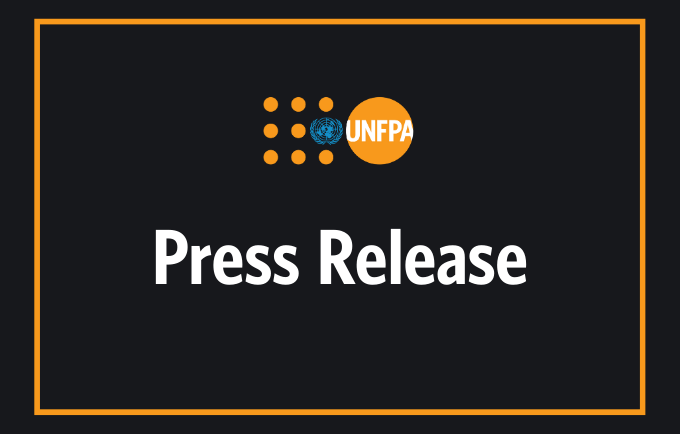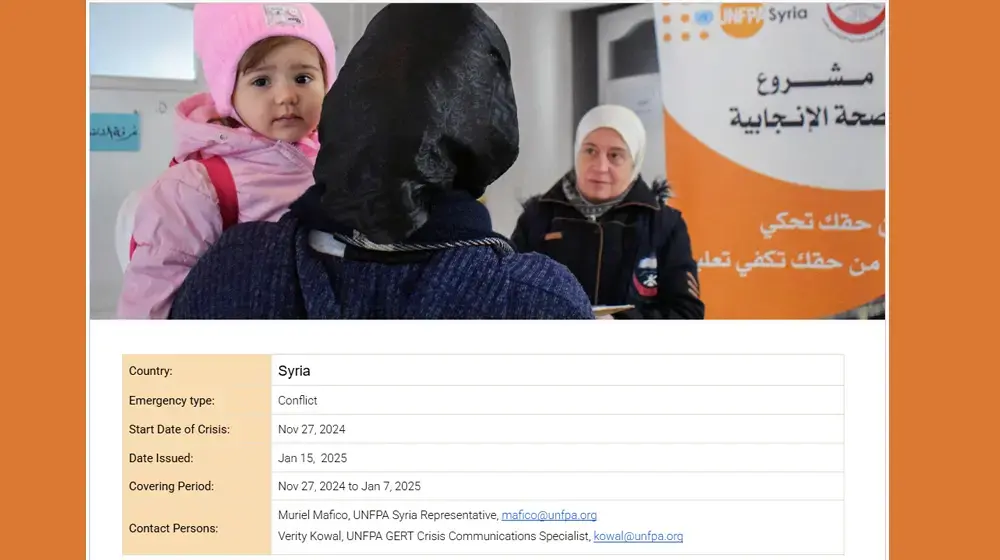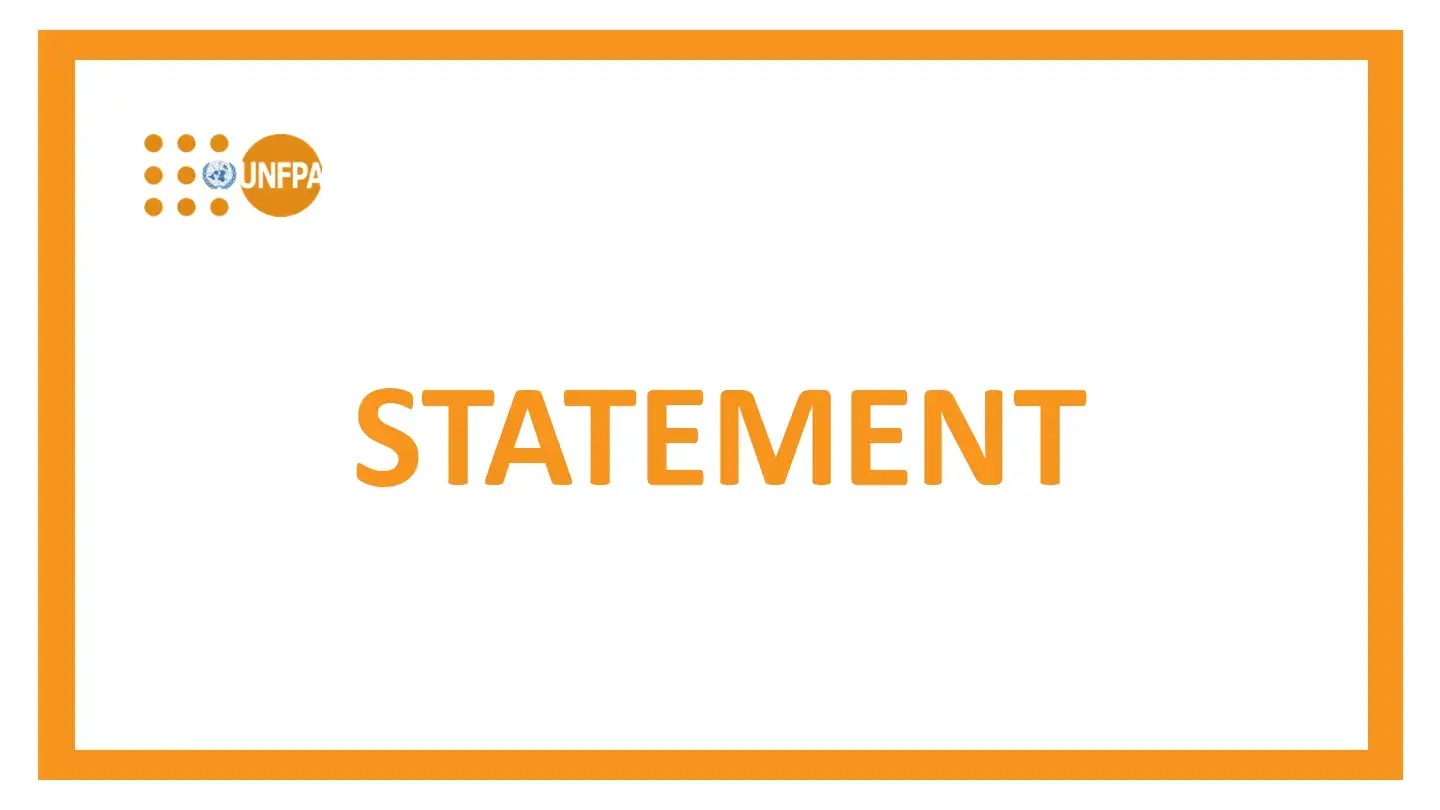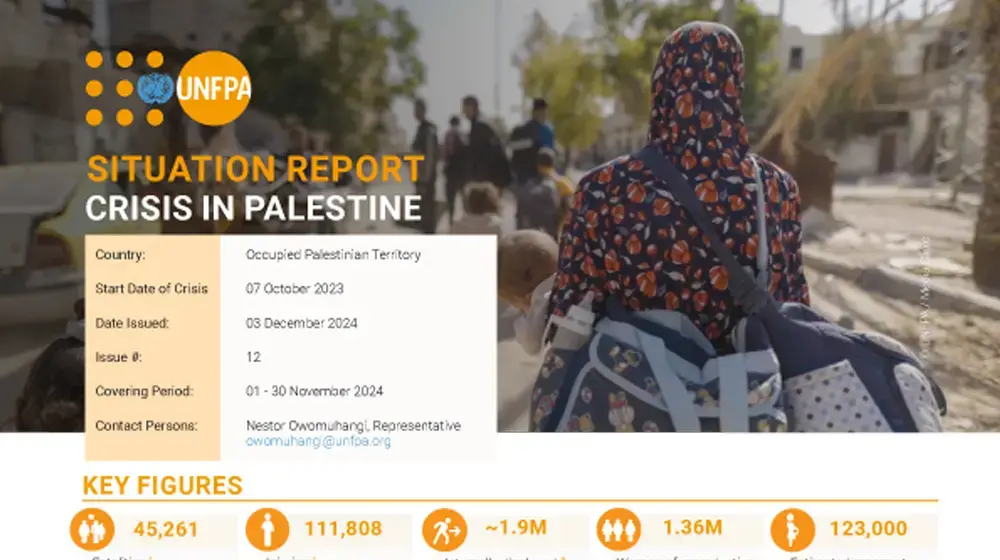CAIRO, 15 June 2020
Vulnerable groups, particularly women, displaced people, migrants, older persons and people with disabilities, may experience the most harmful impacts of COVID-19. This is due to many factors including discrimination and stigma, their exclusion from effective surveillance and early-warning systems as well as their limited access to primary healthcare services. Their particular needs must be addressed in our response to the pandemic. No one is safe from the virus unless all of us are safe from it.
The new guidelines “COVID-19: How Can Risk Communication and Community Engagement Include Marginalized and Vulnerable People in the Eastern Mediterranean Region” have been issued by the Eastern Mediterranean RCCE Working Group, an inter-agency coordination platform established to provide technical support to COVID-19 preparedness and response in the region. The practical guidelines explain the vulnerability of marginalized groups to the pandemic and how national and local efforts can address them so that no one is left behind.
Since its outbreak in the Eastern Mediterranean region, COVID-19 has had a devastating impact on its public health and economies. But its repercussions have not been felt evenly across societies. Marginalized and vulnerable groups, particularly those living conflict-affected countries, are among the hardest hit by the health and socio-economic impact of the pandemic.
Risk communication and community engagement is an essential tool for governments and development partners to ensure that people are aware of the dangers posed by COVID-19 to themselves and their families, and are accounted for in national and local efforts to stop the spread of the virus. In order for RCCE efforts to be effective, they need to be gender-responsive and include all segments of societies, particularly the most of vulnerable and marginalized social groups
The RCCE Working Group consists of a wide range of organizations including UN Women, the World Health Organization, the United Nations Children's Fund, the United Nations Population Fund, the International Organization for Migration, the International Federation of Red Cross and Red Crescent Societies and EMPHNET.
The document is a contextualized version of the original guidelines developed by RCCE partners in the Asia and Pacific region.
FOR MORE INFORMATION, PLEASE CONTACT :
UN Women Regional Office for the Arab States
Diego De La Rosa, Regional Communications Specialist
E-mail : diego.delarosa@unwomen.org
Mobile : +66995037177
WHO Regional Office for the Eastern Mediterranean
Inas Hamam, Communications Officer
E-mail: hamami@who.int
Mobile: +201000157385
UNICEF Middle East and North Africa Regional Office
Juliette S. TOUMA, Regional Chief of Communications
Office: +962-6-550-9624
Mobile: +962-79-867-4628 | +1-917-20-90-817
IFRC Regional Office for Middle East and North Africa
Rana Cassou, Head of Communications
Email : rana.cassou@ifrc.org
Mobile : +96171802779
IOM Regional Office for the Middle East and North Africa
Farah Abdul Sater, Regional Media and Public Information Officer
E-mail: fabdulsater@iom.int
Mobile : +201060351567
UNFPA Arab States Regional Office
Samir Aldarabi, Regional Communication Advisor
Phone: +201068484879
Email: aldarabi@unfpa.org
GHD and EMPHNET: Working together for better health
Asma Qannas, Technical Officer, Outreach & Emergency / Public Health Programs
Mob: +962 79 879 0458
Tel.: +962 6 551 9962 | Fax: +962 6 551 9963





